Canava Roussos Nama
€ 12.50 incl. VAT
Currency conversions are provided for informational purposes only. Checkout is done in EURO.
Colour: Red
Style: Sweet
Grape Variety: Assyrtiko, Athiri, Aidani, Mandilaria, and Mavrathiro
Wine region: Santorini
Quality Classification: P.G.I. Cyclades
Alcohol percentage: 10%vol
Closure: Cork
Unit Quantity: 750ml
Aging potential: Yes
Estimated shipping date: 25 Apr 2025

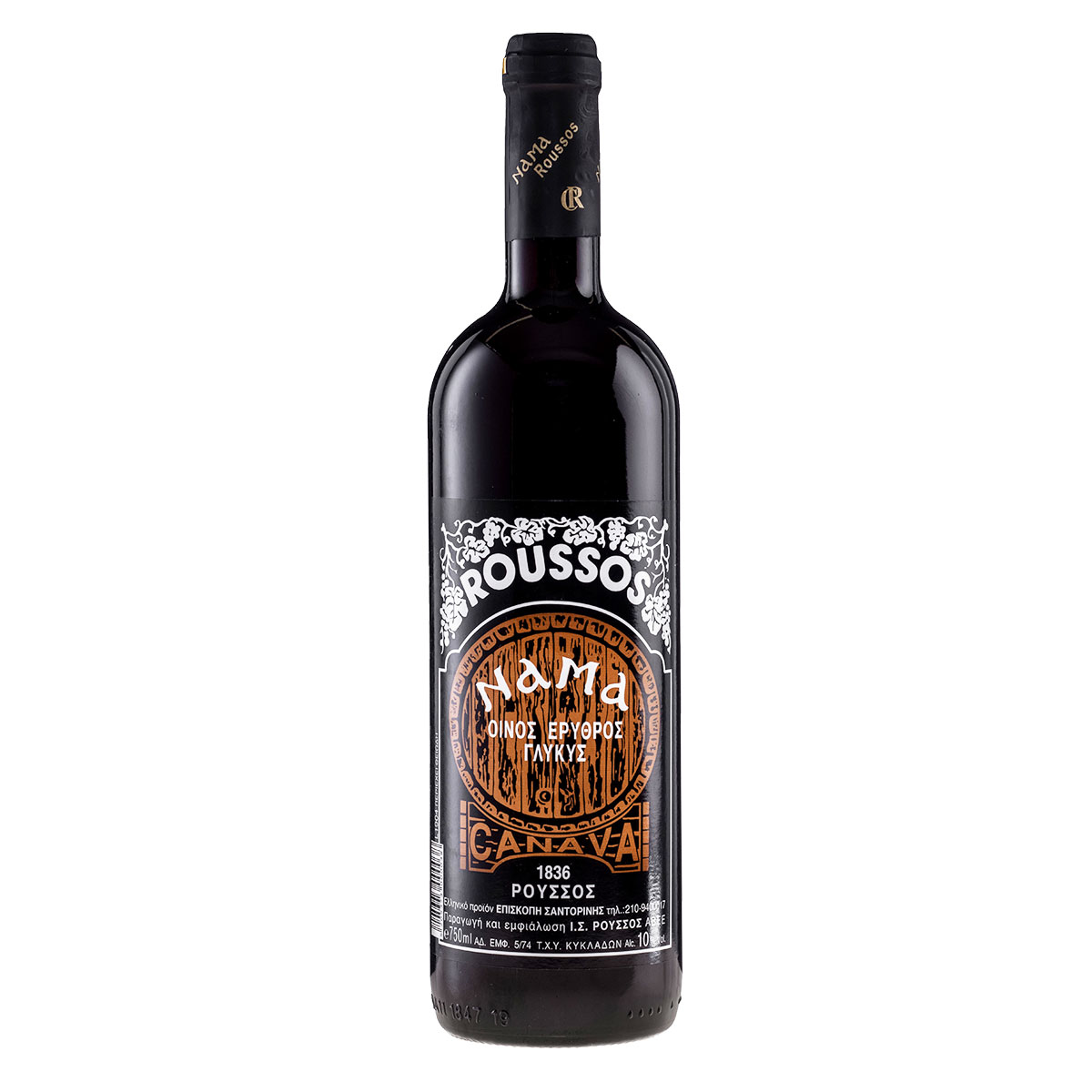
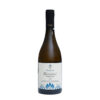
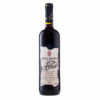
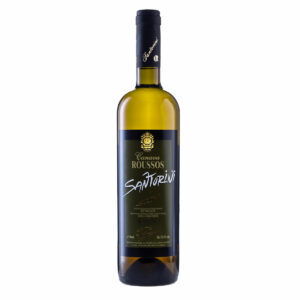
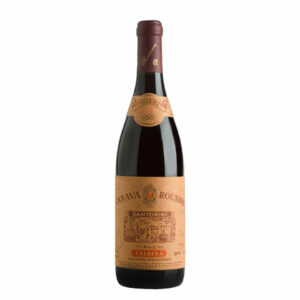
Reviews
There are no reviews yet.